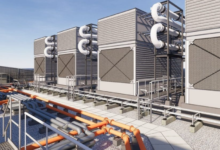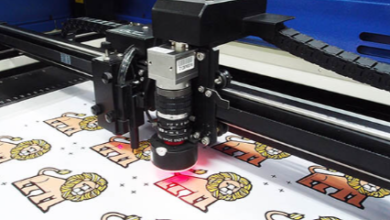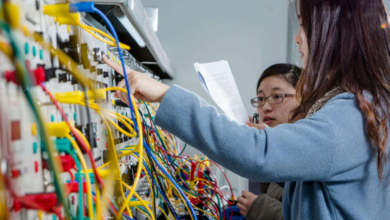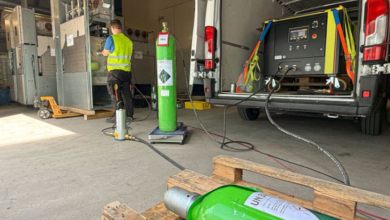What I Wish I Knew About Marine Electrical in Seattle, WA
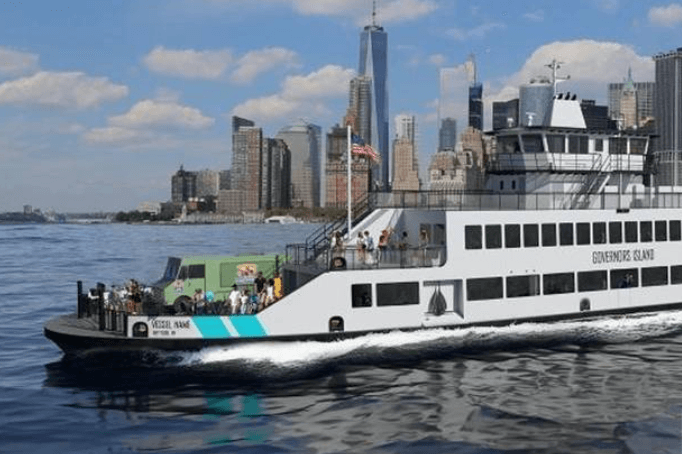
Marine electrical systems are often more complex than they appear. This is especially true in a city like Seattle, where boating culture grows. The stunning Puget Sound and surrounding waterways make Seattle a haven for boat owners. But let’s be honest — how often do people think about the boat’s electrical systems until something goes wrong? What happens when your navigation lights flicker in the fog? Or when your engine won’t start while you’re far from the dock? Could it have been avoided with proper knowledge?
Understanding the unique challenges of marine electrical in Seattle, WA, could save time, money, and stress. Here’s what every boat owner needs to know.
Unique Challenges of Marine Electrical in Seattle, WA
Seattle’s weather and marine environment create conditions that directly affect electrical systems’ performance. Saltwater, rain, and cold temperatures are constant threats to boat owners, and without preparation, these elements can cause serious issues.
How Saltwater Corrosion Affects Electrical Systems
Water is generally unfriendly to any metallic object on board a boat. It supports corrosion in wires, connectors, and terminals, as in automobiles and similar equipment. Even highly diluted brines and portions of water that remain after evaporation can do a great deal of unseen harm. Ultimately, this results in failing connections and loss of power.
Preventing this begins with using corrosion-resistant materials on the door and other points of exposure. Owners should also use marine-grade wiring and terminals. Using dielectric grease on connectors also increases protection. Furthermore, daily checks for green or white matter on the component’s surface also alert one about developing issues.
Weather Hazards: Cold, Rain, and Their Effects on Marine Electronics
Seattle’s wet season brings constant rain, and the temperatures often hover near freezing. These conditions are harsh on marine electronics. Moisture can seep into improperly sealed systems, leading to short circuits or failure. Cold weather, on the other hand, reduces battery efficiency, making it harder to start engines or power accessories.
Waterproof housings and sealed enclosures are essential in this climate. Furthermore, charging and storing spare batteries in a dry area can provide an emergency backup.
Why Routine Inspection Is Essential in Seattle’s Marine Conditions
It is a mistake to fail to conduct regular inspections in Seattle’s problematic marine climate. By doing so, systems are kept up and running, along with maintaining safety. Checking the wiring for signs of wear or damage, securely twisting in loose connections, and cleaning the terminals in the wiring system halts minor problems that can develop into significant ones in the future. Moreover, owners who take the time to maintain their boats do not encounter all sorts of issues while out in the waters, and their ships also tend to have longer lifespans.
Key Differences Between Land-Based and Marine Electrical Systems
Marine electrical systems aren’t just glorified land circuits. They’re engineered for unique conditions and safety requirements. Ignoring these differences can lead to serious risks.
Marine Wiring Standards and Why They Matter
Marine wiring is different from other land-based cable systems because it must meet set standards. For instance, boat manufacturers’ organizations, such as the American Boat and Yacht Council (ABYC), Set standards for boat construction to guarantee their safety and functionality. These include the adoption of stranded wiring instead of solid wire, as the former better resists movements and vibrations.
In Seattle, doing it right is not only advisable, but it is inevitable. Humidity is high, and motions are relevant to boats; furthermore, it has been seen that shortcuts can lead to electrical fires as well as system failure.
The Importance of Waterproof Components in Vessels
Moisture is unavoidable at sea, and Seattle’s rainy weather makes it even worse. Consequently, marine electrical systems require waterproof components like sealed switches, connectors, and lighting. Without them, water intrusion can result in short circuits or electrocution risks. Marine Electrical in Seattle, WA, is essential for maintaining safe and reliable systems.
Although sealed components may cost more upfront, they save owners from expensive repairs and improve the safety of everyone onboard.
Why Marine Electrical Systems Require Special Expertise
A land-based electrician isn’t always prepared for the complexities of marine systems. In fact, these systems demand specialized knowledge and only certified marine electricians can effectively address issues. Furthermore, Hiring someone who understands Seattle’s unique marine conditions guarantees proper installations and repairs.
Common Electrical Problems Faced by Seattle Boat Owners
Even with prevention, issues can arise. Some electrical problems occur frequently in Seattle’s boating community. Knowing what to watch for can help avoid getting stranded.
Battery Failures and Power Storage Issues
Seattle’s cold weather damages marine batteries. Low temperatures slow the chemical reactions inside, reducing power output. Overcharging or using the wrong type of battery worsens the problem.
Switching to deep-cycle marine batteries offers better reliability. Regularly testing voltage levels and keeping terminals clean prolongs battery life.
Faulty Grounding and Its Dangers to Marine Systems
Improper grounding is a serious issue in the water. Salt is an excellent conductor and can create unsafe currents. Poor grounding raises the risk of electrocution or galvanic corrosion, which damages underwater metals like propellers.
Boat owners should make sure their vessels are equipped with proper grounding systems. Consult a certified marine electrician if anything seems off.
Navigation Lights and Other Important Equipment Malfunctions
Working navigation lights are critical in Seattle’s foggy conditions. Faulty wiring or corroded connections often cause them to fail. Similarly, bilge pumps, radios, and GPS units can stop functioning due to poor maintenance or exposure to moisture. These malfunctions jeopardize safety and require immediate attention.
Conclusion
Marine electrical systems in Seattle face unique challenges, such as corrosion from saltwater, the effects of constant motion on connections, and the need for reliable power in varying weather conditions. To maintain safe and functional systems, boat owners should regularly inspect the wiring for wear, guarantee proper sealing of electrical components, and consult certified professionals for any repairs or upgrades. Moreover, using high-quality components can significantly improve the durability and reliability of these systems. Marine Electrical in Seattle, WA, is essential for addressing these concerns.
Boating in Seattle is a joy, but only when systems work reliably. With careful attention and expert assistance, electrical problems can be eliminated.
Contact Hullux Marine today for reliable marine electrical solutions!

